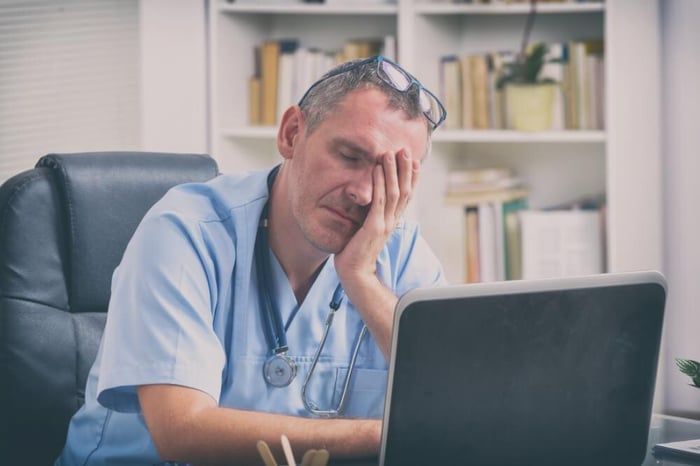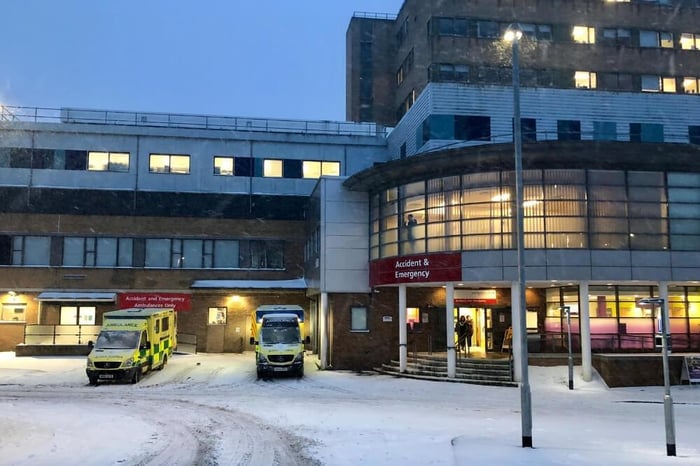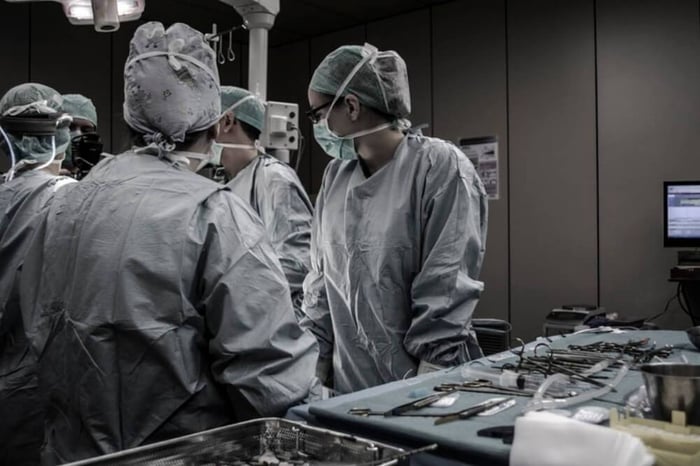
NHS Hot Topics 2019 - NHS GP Shortage
It is important that when preparing for your medical school interview that you are knowledgeable about the issues facing the National Health Service (NHS). Through our NHS Hot Topic series of blogs, we are aiming to prepare students for all types of interview questions. In this particular blog post, we will be focusing on the shortage of general practitioners within the NHS.
WHAT’S THE PROBLEM?
General practice is a form of primary care - care delivered within the community, acting as a gateway to the rest of the NHS. Patients see their GP who then refers them to a specialist department. At the moment, there are too many patients and too few doctors. Here are just some of the reasons why:
- The workload of GPs has increased dramatically, both in volume (due to the sheer numbers of patients) and complexity (due to the ageing population).
- Alongside this, there has been more demand for community nursing, whilst the number of nurses has decreased and thus these nurses are not available at the GP surgery where they would normally deal with acute cases, such as administration of a vaccine.
- Additionally, some health problems which are typically dealt with by the primary care system are now more prevalent, such as mental health. Lack of funding means that there are simply not the resources to deal with mental health patients elsewhere.
- The rise of care homes has reduced the number of elderly people being cared for in hospital. However, this means that the majority of their care is within the primary care services, rather than secondary care facilities.
- Some GPs are opting to take on other responsibilities within the NHS, such as budgeting and public health, and are thus not working full time in the practice.
- Patients are missing their appointments, meaning that appointments are almost always booked out. Missed appointments cost the NHS £216 million a year.

You can only begin to imagine the effect that all of this can have on the general practitioners, and it is obvious that it will have an impact on patient outcomes. 59% of GPs reported that they found their job very, or extremely stressful. GPs worry about not being able to deliver the highest standard of care and are concerned that this could lead to them being sued. They often have to stay past their working hours to see the backlog of patients that has built up over the day.
WHAT CAN WE DO ABOUT IT?
One proposed idea is to recruit more GPs to reduce pressure. Ministers have set out plans to hire an additional 5,000 doctors by 2020. But, this takes time. It takes about 10 years to fully qualify from medical school to the end of GP training, and this is obviously expensive. 1,600 GPs have resigned in recent years. According to the Department of Health, the highest number of GPs ever was recruited last year. However, Simon Stevens, the chief executive of NHS England, has admitted that they are going to have to recruit more GPs from abroad to deal with demand, but it unknown how Brexit may affect this.
from abroad to deal with demand, but it unknown how Brexit may affect this.Another suggestion is to give more responsibility to nurses and healthcare assistants, reducing the doctor's workloads. These include roles such as prescribing medication which only a doctor can currently do.
Some NHS staff are calling for a shake-up of the primary care system. This would involve training GPs in certain specialities, and they would see all the patients with a problem in this area. This would allow better continuity of care, and it would be easier to manage patients. Some appointments, such as prescription of the contraceptive pill can be quite quick, but others might take longer. The time scheduled for the appointment could be altered to suit the speciality. The NHS is making a real effort to improve healthcare in this country, including making the UK 'the best place to give birth'. You can see all the details in their 10-year plan.
HOW IS THIS RELEVANT TO ME?
Discussion of the issues facing the NHS is almost bound to come up in your medical school interview, so it is important that you are well prepared. GPs are finding themselves overworked due to mainly the ageing population and sophistication of healthcare management, as more problems are being dealt with in primary care.



